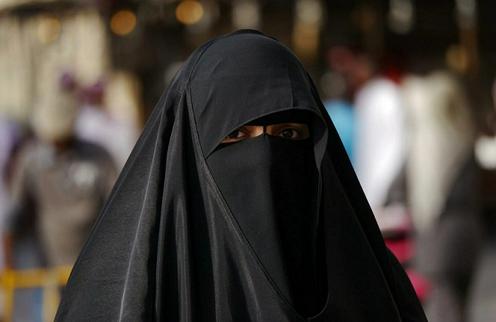Kyrgyzstan’s Spiritual Administration of Muslims (SAMK, or the muftiate) has expressed support for the country’s recent ban on wearing niqabs in public, describing the garment as “alien to society.” The official statement was published on the religious body’s website.
Amid ongoing public debate over the regulation, the muftiate issued an explanation of its position. According to SAMK, Islamic law mandates that an adult Muslim woman must cover her body except for her face and hands. Therefore, wearing a hijab (headscarf) and loose-fitting clothing is considered obligatory, while the niqab—which covers the face entirely except for a slit for the eyes—is not.
“The niqab is a foreign concept to our society. In today’s context, there is a risk that criminals disguised as women wearing niqabs could pose a threat to public safety. That’s why it’s important for one’s face to remain visible for identification,” the statement reads.
The agency also warned that exploiting religious issues to incite unrest or political action is considered sinful in Islam.
The controversy over the niqab intensified after police in the Jalal-Abad Region began issuing warnings and informational leaflets to women wearing face coverings in public. Authorities informed them of the clothing ban and stated that repeat offenders would be fined 20,000 soms (approximately $230).
Kyrgyz President Sadyr Japarov also weighed in, clarifying that the hijab—a traditional headscarf worn by mothers, sisters, and grandmothers—is a personal choice and may be styled in different ways, such as wrapped around the head or tied beneath the chin. The key point, he emphasized, is that the face must remain uncovered.
As a result, both the niqab and the full-body covering known as the paranja, which conceals everything except the eyes, have been banned by the muftiate.
“In our traditions, women have never worn the paranja, and we should not turn this into a problem,” Japarov stated.
He added that the restriction is not a government initiative—authorities do not interfere in religious matters—but rather a rule established by the Spiritual Administration of Muslims, which the state merely helps enforce.
On January 21 of this year, Japarov signed new laws concerning religious practice, including a measure banning clothing that prevents identification in public spaces.










